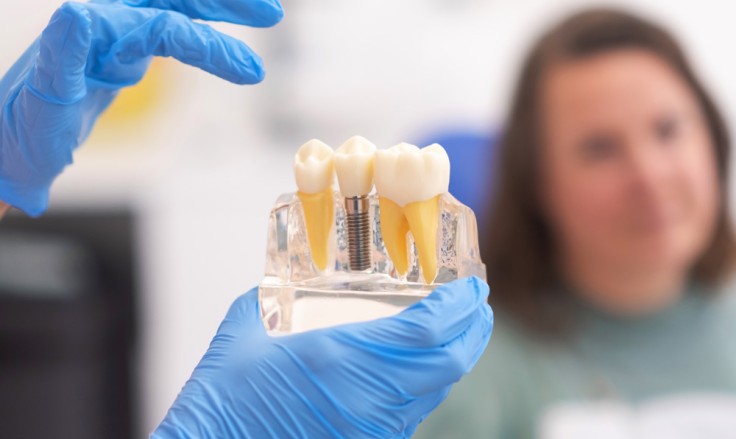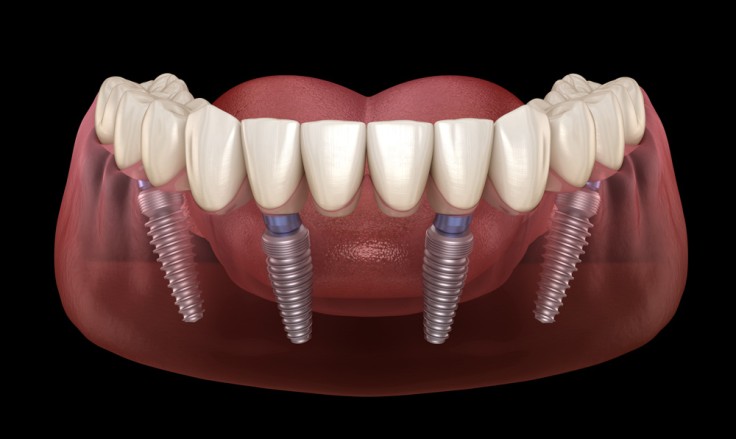How Painful Is a Dental Implant Procedure?
Introduction
Dental implant surgery is a common and effective way to replace missing teeth. Many patients worry about the pain level of dental implants. In fact, discomfort is usually mild and manageable. Modern techniques and medications help control pain. Moreover, understanding what to expect can reduce anxiety. This article examines the pain level of dental implants, details the procedure, and offers tips for pain management. We’ll also explore aftercare strategies that ease recovery.
Understanding Dental implant Procedures
- Dental implants involve placing a titanium post into the jawbone.
- Next, a crown is attached to the post. This process restores function and appearance.
- Typically, the procedure is done under local anaesthesia. As a result, you do not feel pain during the implant placement. Sedation may also be used for anxious patients.
- In essence, the surgery itself is brief. Afterwards, you might feel mild discomfort, similar to a tooth extraction.
- Most patients report that the pain level of dental implants is lower than they expected.
What to Expect During the Dental implant Procedure
- During the procedure, your dentist will first numb the area with local anaesthesia. Then, the implant is placed carefully.
- In most cases, you will feel little to no pain. Furthermore, sedation is available to help you relax.
- After the implant is set, the surgical site is closed with sutures.
- Immediately following the procedure, some swelling may occur. Likewise, you might experience tenderness in the area.
- Typically, the initial discomfort lasts only a few days.
Pain Management During and After Dental implant Surgery
Effective pain management is key to a smooth recovery. Your dentist will provide a pain management plan. Consider these important strategies:
Medications:
- Your dentist may prescribe painkillers to ease discomfort.
- Over-the-counter options, such as ibuprofen, can also be useful.
Ice Therapy:
- Apply ice packs to the outside of your cheek.
- Use the ice pack for 15 minutes at a time to reduce swelling.
Rest:
- Rest is essential immediately after the surgery.
- Avoid strenuous activities for at least a few days.
Follow-Up Care:
- Attend all scheduled appointments to monitor recovery.
- Your dentist may adjust your pain management plan based on progress.
- Additionally, maintaining good oral hygiene is vital. Keeping the surgical area clean prevents infection, which can increase discomfort.
- Equally, following aftercare instructions helps minimise pain.
In short, these measures ensure that the pain level of dental implants remains low.

Dental implant Aftercare and Recovery
- After the surgery, your recovery is as important as the procedure itself.
- Initially, you may feel slight soreness and swelling.
- Generally, this discomfort fades within a week. However, recovery times vary with each patient.
- Moreover, proper aftercare contributes to a faster return to normal activities.
Here are some additional aftercare tips:
Oral Hygiene:
- Brush and floss carefully around the implant area.
- Use a gentle mouth rinse as advised by your dentist.
Diet:
- Stick to soft foods during the first few days.
- Gradually reintroduce firmer foods as healing progresses.
Avoid Smoking and Alcohol:
- These can interfere with the healing process.
- It is best to avoid them for at least a few weeks after surgery.
By following these guidelines, you support both your recovery and the longevity of your dental implants.
What Influences the Pain Level of Dental implant?
Several factors can influence the pain level of dental implants.
Individual Pain Tolerance:
- Some people naturally experience less discomfort.
- Others may be more sensitive.
Surgical Complexity:
- More complex procedures can result in more post-operative discomfort.
- Simpler cases tend to have minimal pain.
Experience of the Dentist:
- A skilled dentist can reduce tissue trauma.
- This typically leads to lower pain levels.
Post-Operative Care:
- Following aftercare instructions can significantly reduce pain.
- In turn, proper care fosters a smoother recovery.
Thus, while most patients find the pain manageable, these factors may cause slight differences in individual experiences.
Conclusion
In summary, the pain level of dental implants is generally low and manageable. Initially, you will receive local anaesthesia, and sedation is available if needed. During the procedure, most patients experience minimal discomfort. Post-operative pain is similar to that of a tooth extraction and usually subsides within a few days. Moreover, following an effective pain management plan and proper aftercare can further ease recovery. Ultimately, a comprehensive approach that includes medication, ice therapy, rest, and careful hygiene will keep discomfort to a minimum. By understanding these factors, you can approach dental implant surgery with greater confidence and calm.
For more information and to book a consultation visit the ACIBADEM Beauty Center dental treatments page.




